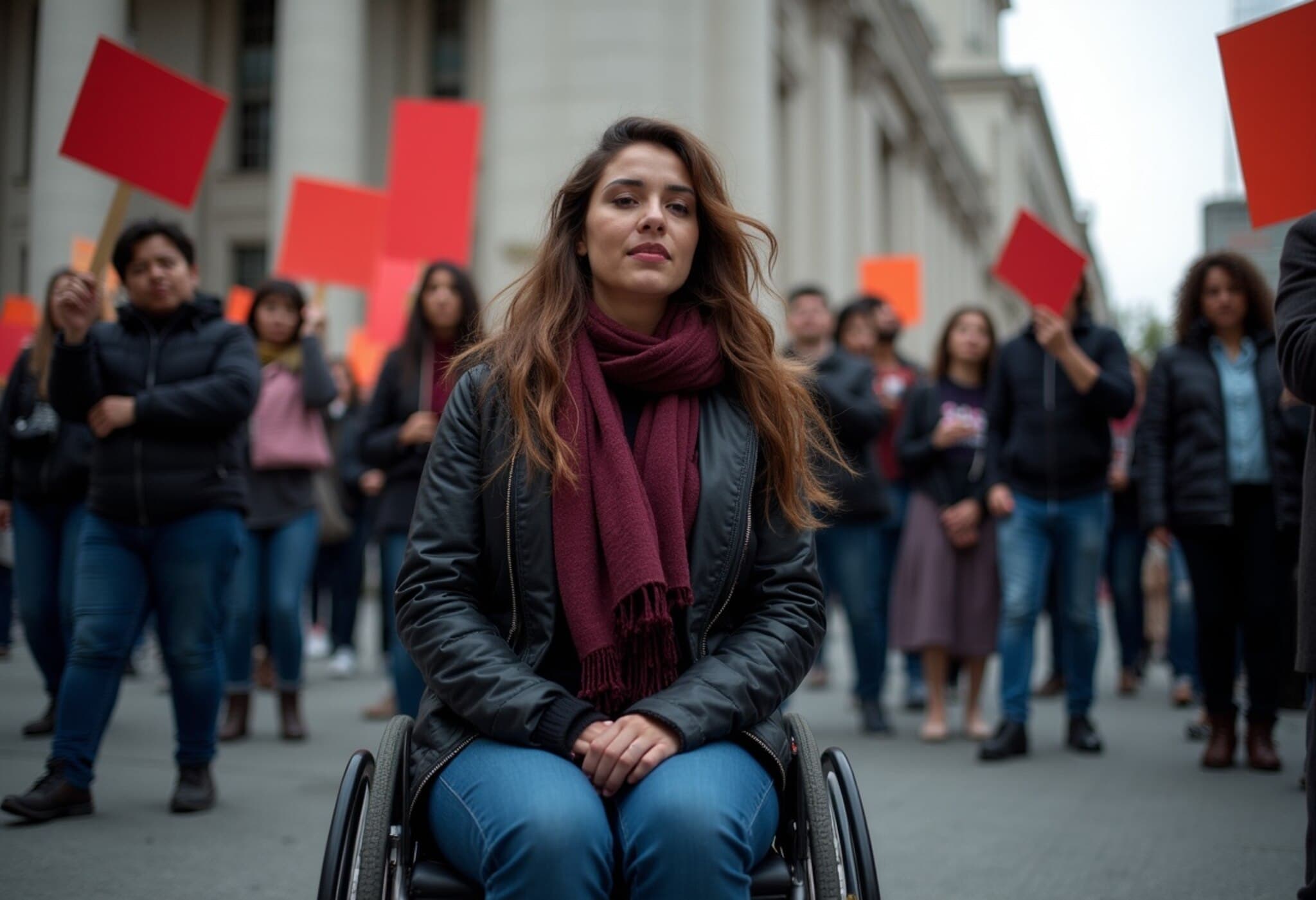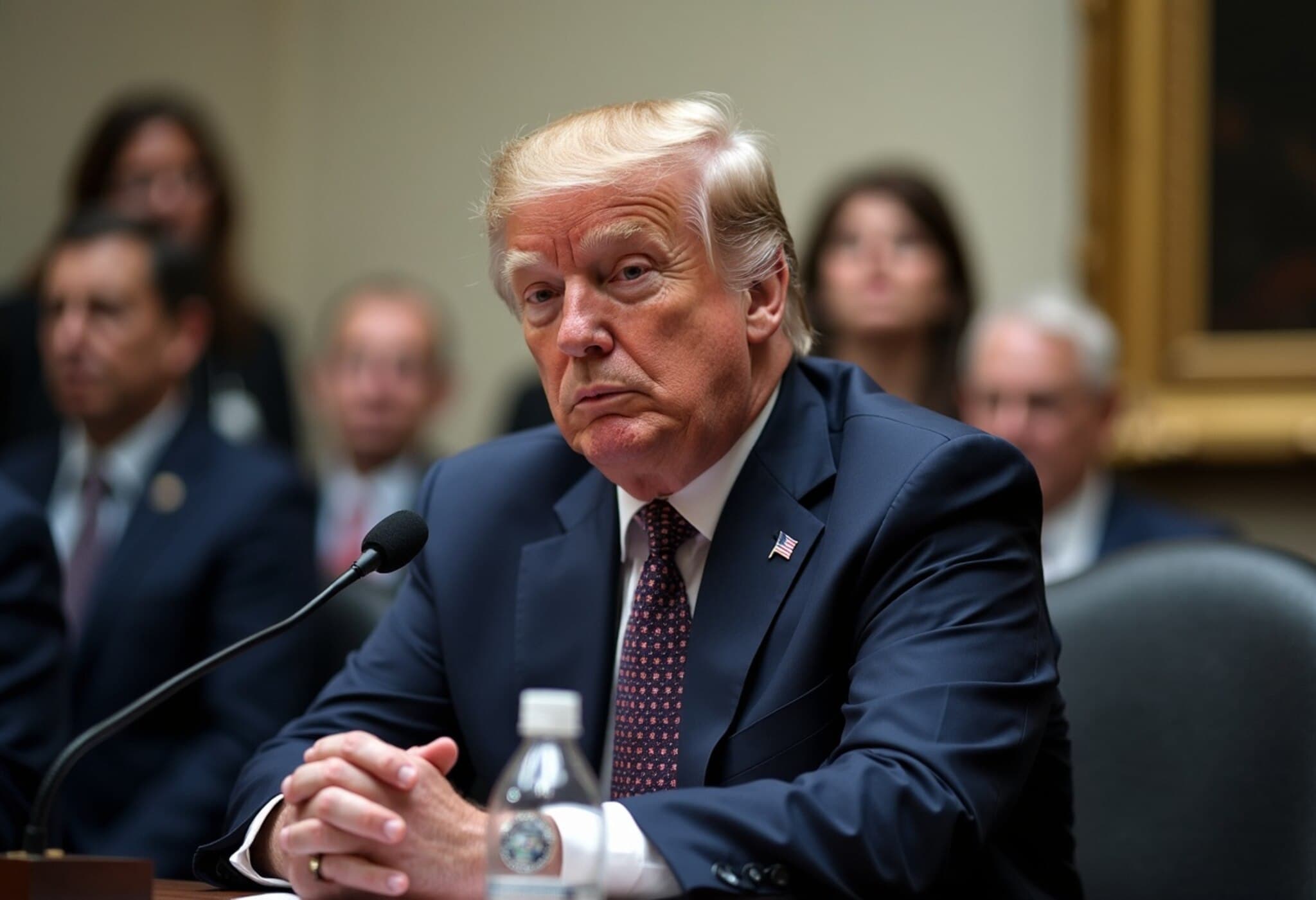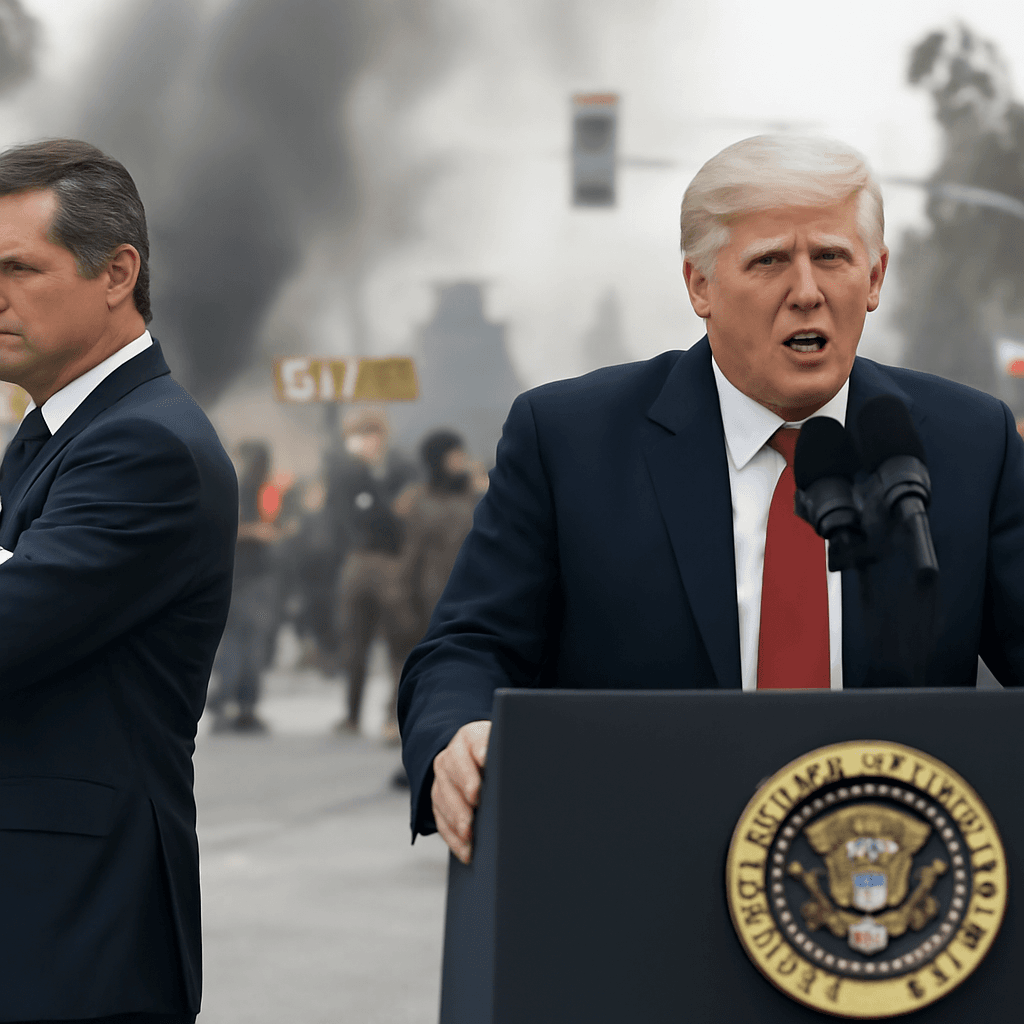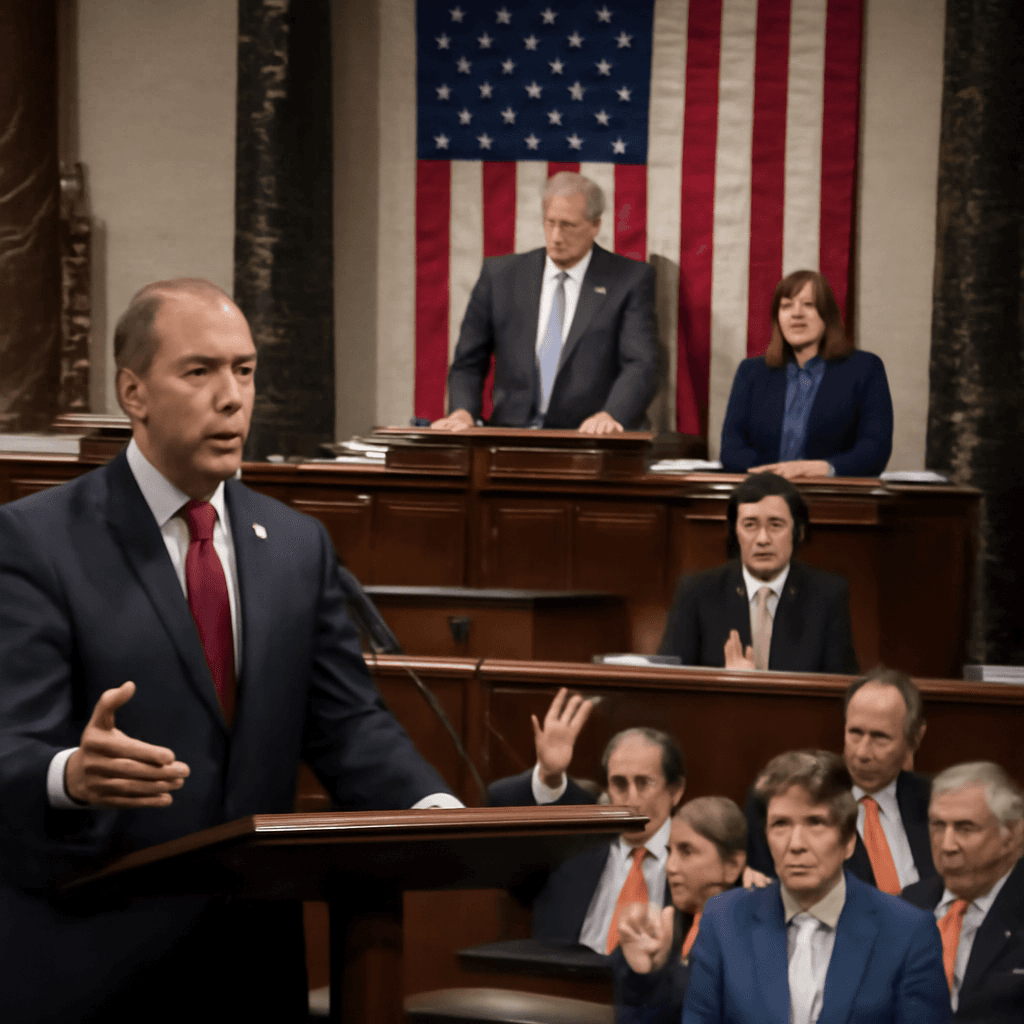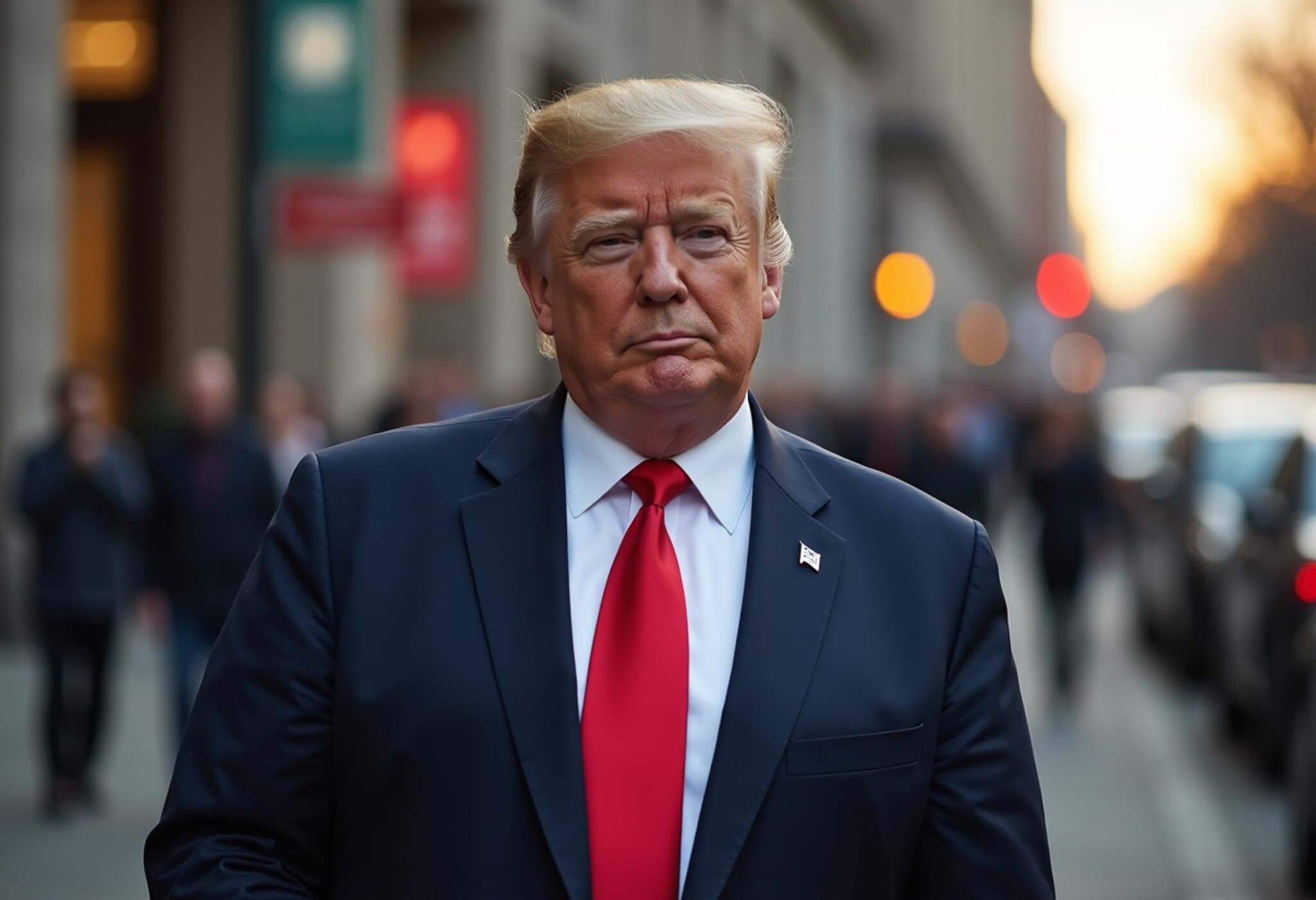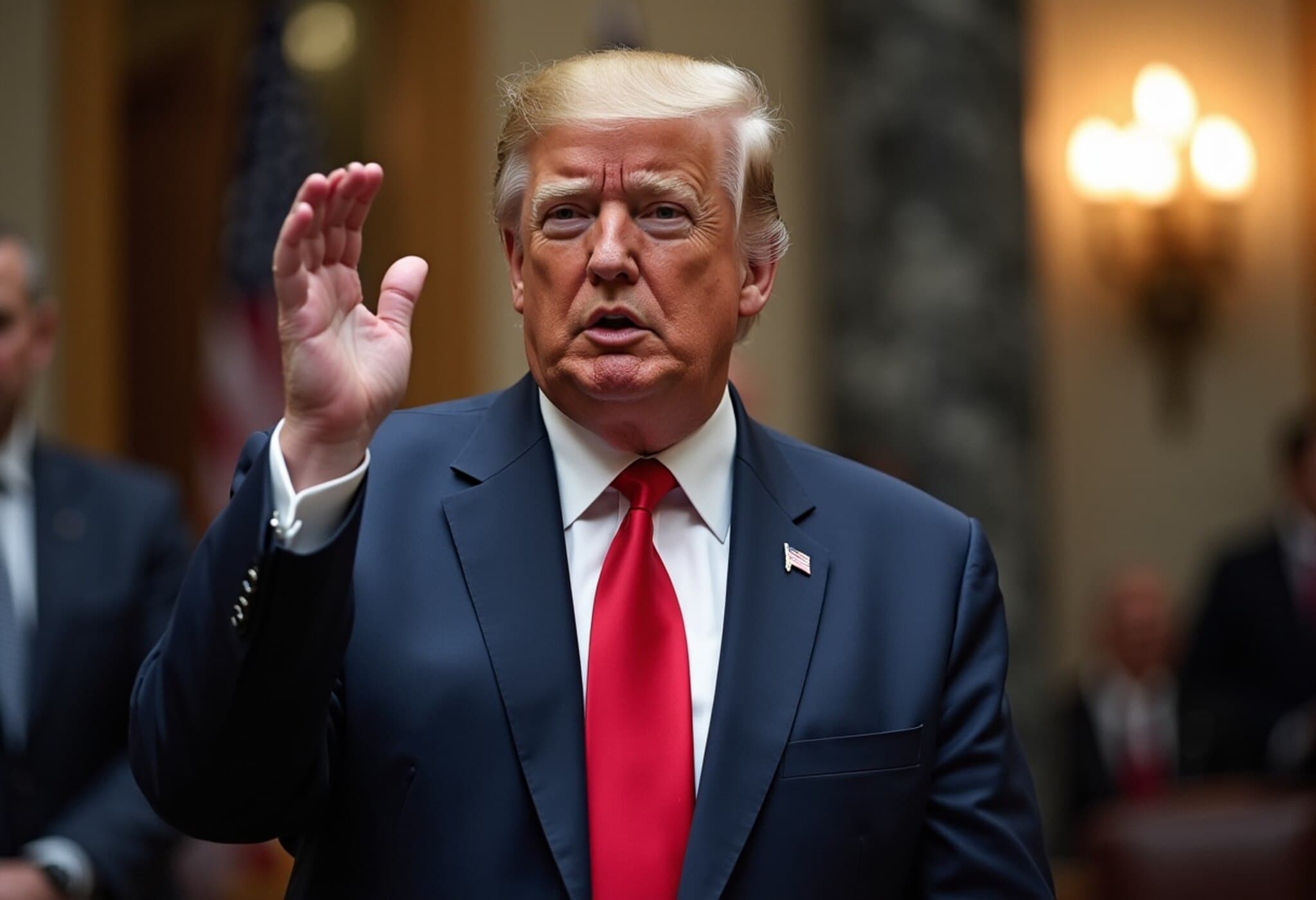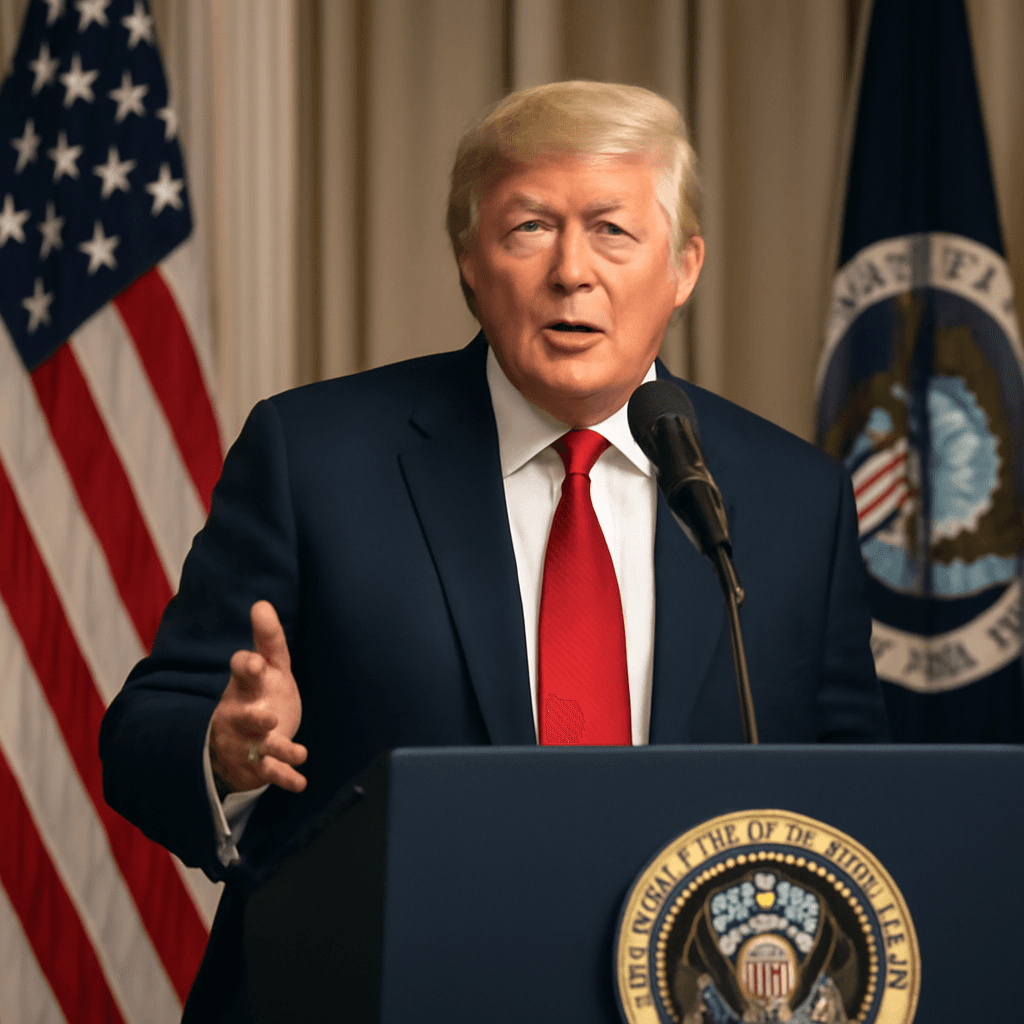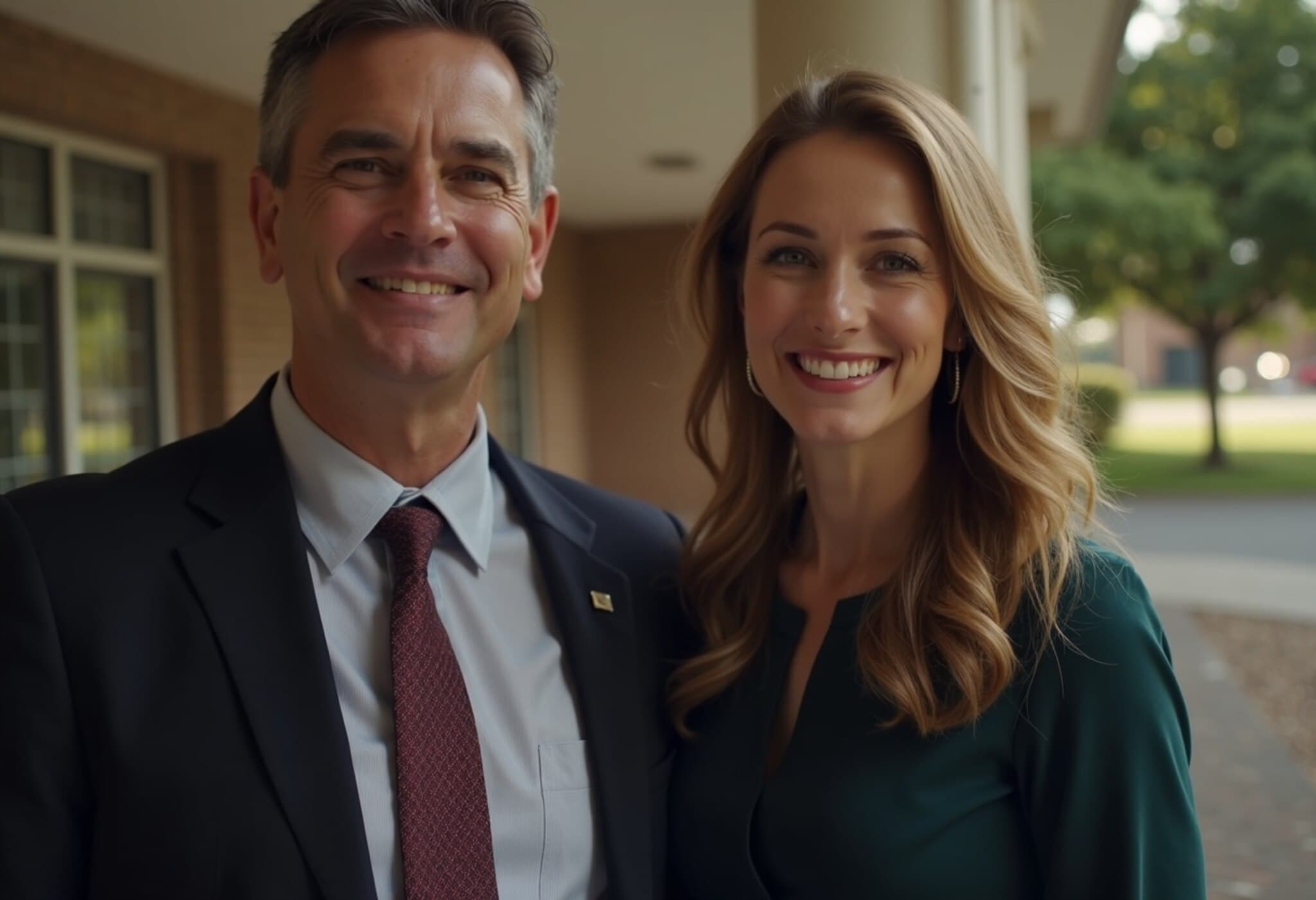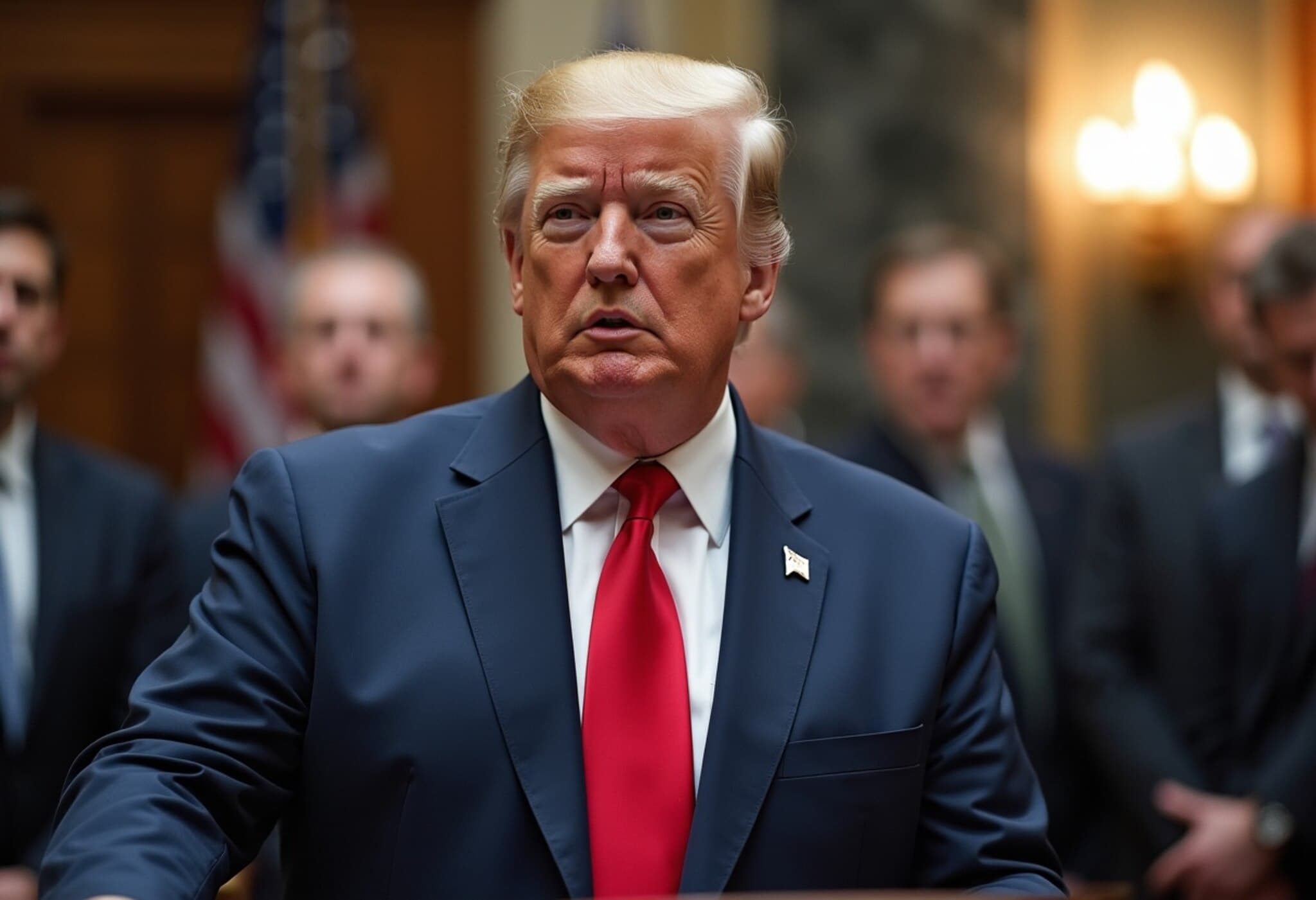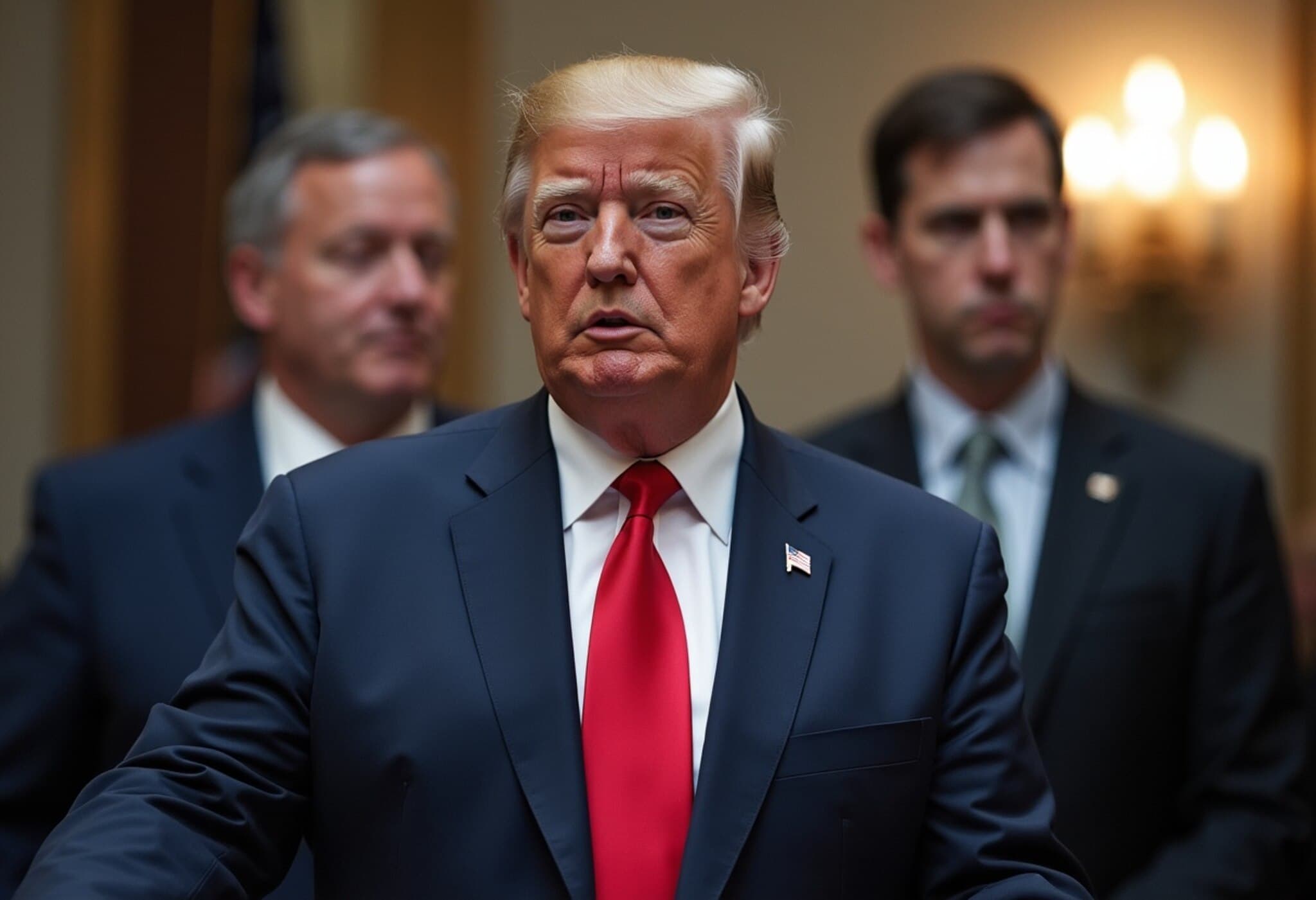Rural Healthcare Faces Threat from Proposed Medicaid Reductions
Rural hospitals across the United States are raising urgent concerns about a significant tax and spending bill proposed during President Donald Trump’s administration. The plan, designed to finance extended tax cuts by trimming federal spending on Medicaid, could have far-reaching impacts on healthcare services in small towns and farming communities.
Medicaid Cuts Spark Alarms in Vulnerable Communities
Central to the controversy are proposed changes that would tighten Medicaid enrollment criteria and limit federal assistance to states. Since Medicaid is a lifeline for millions of low-income Americans—particularly in rural areas, where populations tend to be poorer and face greater health challenges—these modifications threaten to destabilize critical local healthcare providers.
Carrie Lutz, CEO of Holton Community Hospital in Kansas, voiced the gravity of the situation: "We can't sustain serving our community the way we are with additional cuts." Her nonprofit hospital caters to a modest farming population of around 13,000, already operating with costs that regularly surpass revenues. To stay afloat, the hospital has sought a modest sales tax increase to bridge funding gaps.
Legislative Context and Financial Implications
The bill in question aims to reduce Medicaid spending by $785 billion over the next decade, partially offsetting the expenses of maintaining and expanding the 2017 tax cuts. However, the Congressional Budget Office projects the legislation could add up to $3 trillion to the national debt within ten years when interest costs are considered.
Experts suggest that while the plan primarily benefits wealthier Americans through tax relief, it could simultaneously erode economic security for less affluent groups by cutting essential safety-net programs like Medicaid.
With a Senate majority of 53-47 held by Republicans, the party faces internal divisions. Some members push for deeper budget reductions, while others fear the political fallout in rural districts where voters rely heavily on Medicaid services.
Lobbying Intensifies as Final Decisions Loom
The legislative process has opened the door for advocacy groups to campaign for adjustments. A spectrum of interests—from multinational corporations concerned about new tax retaliations to solar energy companies wary of subsidy eliminations—is applying pressure. However, Medicaid cuts remain at the core of widespread opposition.
The bill proposes work requirements for adult recipients, restrictions excluding many non-citizens, and new limits on state accounting methods that maximize federal matching funds. CBO estimates these changes could leave nearly 11 million more Americans uninsured.
Why Rural Areas Stand to Lose the Most
Rural residents depend on Medicaid more than the national average, with approximately 18% enrolled compared to 16% nationwide. These communities also face heightened health challenges, including higher rates of addiction, mental illness, and chronic diseases such as heart conditions, cancer, and strokes.
National health associations warn that Medicaid cuts could push already financially fragile rural hospitals to reduce services or shutter entirely. Over the past decade, nearly 120 rural hospitals have closed or ceased inpatient care, compounding access issues.
Kansas exemplifies the strain. The state recently doubled its Medicaid provider tax but the new bill would freeze this at a lower level, effectively reducing annual revenues for hospitals like Holton Community Hospital by around $1 million. For an organization that typically operates at a deficit, this reduction is critical. Additional enrollment hurdles and citizenship exclusions could increase the number of uninsured patients seeking care, further burdening hospital staff.
Senators Advocate to Protect Rural Healthcare
At least 41 Republican senators represent rural states. Several have pledged to push back against cuts to the Medicaid provider tax, emphasizing the risk to healthcare access.
Senator Jim Justice of West Virginia lamented, "Leave the provider tax alone. Put the work requirements in and all that kind of stuff. But for God's sakes don't cut into the bone." Similarly, Senator Thom Tillis of North Carolina warned that failure to recalibrate the bill could result in doctors abandoning Medicaid patients, exacerbating healthcare challenges in rural regions.
The Senate Finance Committee is expected to announce revisions soon, aiming to balance budget priorities with the healthcare needs of vulnerable populations.


